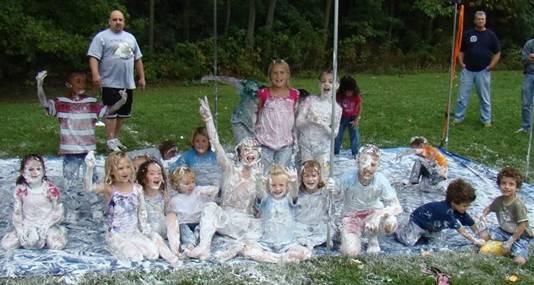
Children are very artistic and love to draw. The problem is that they seem to love drawing on the walls. I am not sure if you have ever tried it, but it is much more fun than drawing on a piece of paper. Do you remember the times when you were younger, when you went to the teachers’ blackboard (yes, it was black back then) and tried to write on it? For some, this was the highlight of the day. Teachers know how exciting it is for students to write on the board and they try (well, those who understand and are not control freaks) to give them opportunities to do it.
Drawing on a piece of paper requires fine motor skills (delicate use of fingers) while drawing on the walls has a different feeling altogether and requires gross motor skills. The problem kids have with drawing on the walls is that this fun activity is usually accompanied by the pain of anger and disappointment from frustrated parents or teachers who prefer their wall or board clean and ready to use.
The simplest solution at home is to buy a big whiteboard and position it at a height that will allow kids to use it as much as possible. I have discovered that this is a great solution for kids who continue to practice their graffiti skills, no matter what you tell them (sometimes with permanent markers).















